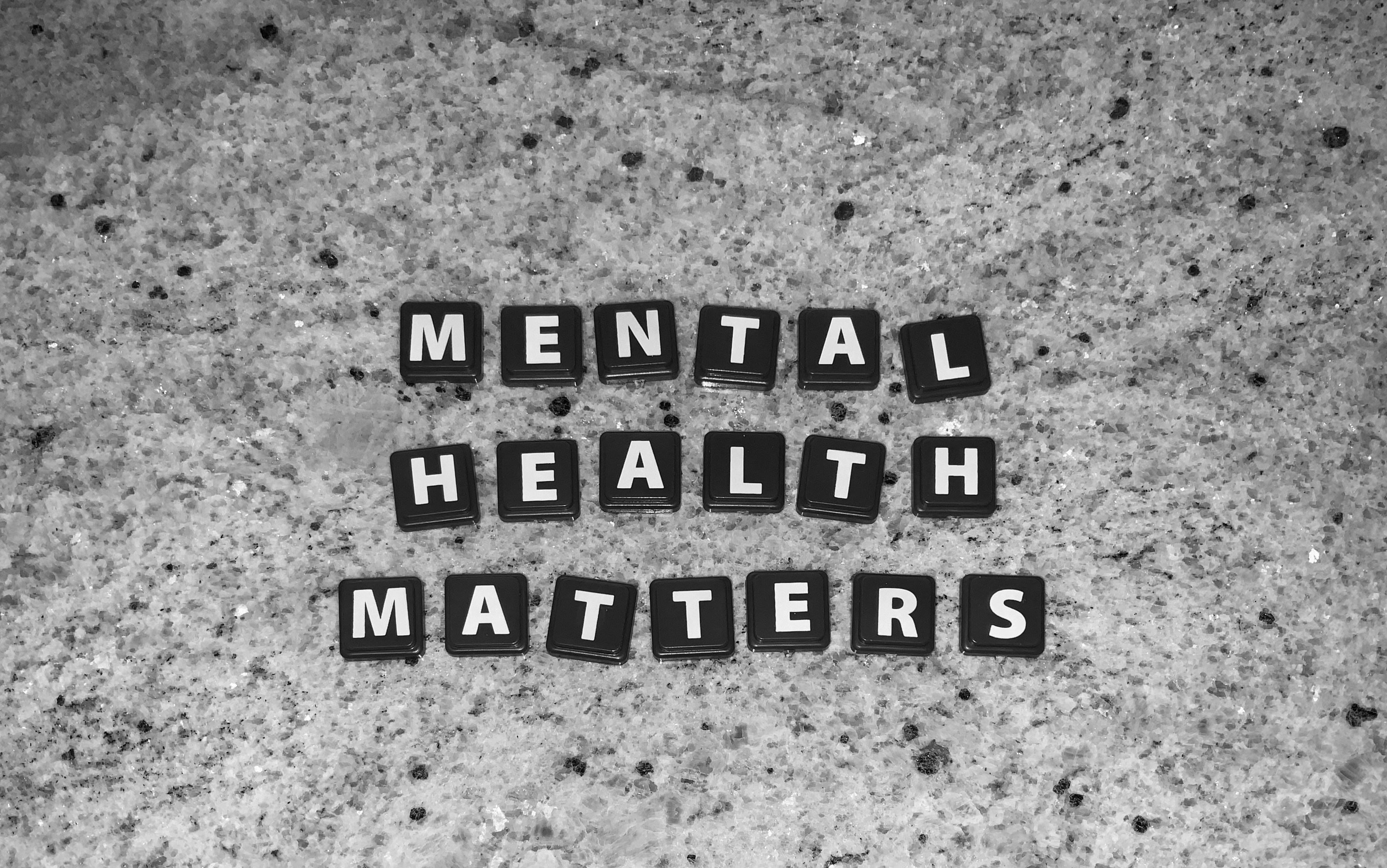Taking Care of Your Mental Health During Job Hunting in South Africa

In South Africa, looking for a job is not an easy task. With thousands of applicants vying for the same positions and one of the highest unemployment rates in the world, the process can be demoralizing. Your mental health is an aspect of job hunting that many people ignore, in addition to honing your resume and getting ready for interviews.
There is a genuine emotional cost associated with unemployment and continuous applications. Anxiety, despair, and feelings of rejection are typical. If not handled appropriately, they can have a negative impact on your health and your capacity to give your best effort when opportunities do present themselves. Therefore, safeguarding your mental well-being throughout this process is equally as crucial as submitting applications.
Below are practical ways to take care of yourself while searching for work in South Africa.
1. Recognize That Stress Is Normal
Recognizing that stress and frustration are a natural part of the journey is the first step towards safeguarding your mental health. Feeling overwhelmed is a normal response to pressure and uncertainty; it does not make you "weak." Keep in mind that thousands of South Africans are in a similar situation. The stigma and loneliness that are frequently associated with unemployment can be lessened by acknowledging this.
2. Build a Structured Routine
Unemployment can disrupt daily structure. Without a routine, days can blur into one another, and motivation quickly fades. Creating a balanced daily plan can help restore focus. For example:
- Morning: Exercise, have breakfast, and review new job listings.
- Afternoon: Work on applications or improve skills (online courses, certifications, tutorials).
- Evening: Relax, spend time with family, or pursue hobbies.
This balance prevents burnout and ensures that you don’t spend every waking hour worrying about jobs. A consistent routine also makes you feel more in control of your life, even when employment feels uncertain.
3. Set Small, Achievable Goals
It’s tempting to send out as many applications as possible, but quantity doesn’t always beat quality. Instead, aim for small, realistic goals. For instance:
- Apply to three jobs daily.
- Update your LinkedIn profile and engage with one professional post a day.
- Spend one hour each week networking with former colleagues or classmates.
These smaller, measurable targets make the process feel less overwhelming and give you a sense of achievement, even on tough days.
4. Stay Connected With People
One of the most difficult things about being unemployed is feeling alone. Excessive solitude can exacerbate depression and anxiety. Try to maintain relationships with friends, family, or support groups for job seekers. In addition to relieving emotional stress, discussing your difficulties with others can open doors for networking—sometimes jobs are found through conversations rather than online applications.
In South Africa, job seekers can share openings and encouragement in WhatsApp groups and online communities. You may feel less alone if you are surrounded by people who are sympathetic to your predicament.
5. Take Care of Your Body and Mind
Physical and mental health are deeply connected. Stress is easier to handle when your body is well cared for. Some helpful practices include:
- Exercise: Even a 20-minute walk in your neighborhood can improve mood and energy levels.
- Healthy eating: Avoid excessive junk food or alcohol, which can worsen anxiety.
- Sleep: Stick to regular sleep hours to keep your mind sharp.
- Mindfulness or prayer: Many South Africans find comfort in spirituality, meditation, or journaling.
Small self-care habits make a big difference in how resilient you feel.
6. Be Honest About Finances
Financial stress is one of the biggest burdens during unemployment. It’s easy to ignore the problem, but avoidance often makes anxiety worse. Create a budget and cut unnecessary expenses where possible. If you need to, look for short-term income options like freelancing, tutoring, or part-time work while you continue the job hunt.
Being proactive with money management doesn’t solve unemployment, but it can reduce the panic that comes with financial uncertainty.
7. Celebrate Small Wins
The process of looking for a job can be lengthy, and it can seem never-ending to wait for a "yes." For this reason, it's critical to acknowledge and appreciate the little accomplishments. Have you received a callback? Has your resume improved? Have you completed any free online courses? Those actions are important. They demonstrate progress, and hope is fueled by progress.
Even if you haven't gotten the job yet, every small accomplishment shows that you're making progress.
8. Know When to Ask for Help
Sometimes, stress grows into something bigger—persistent sadness, hopelessness, or anxiety that makes daily life unbearable. If you notice these signs, don’t ignore them. Seeking professional help is a sign of strength, not weakness.
In South Africa, organizations like SADAG (South African Depression and Anxiety Group) offer free resources, counseling, and support. You can also reach out to local clinics or hotlines if you need immediate help.
Final Thoughts: Your Worth Is Not Your Job
Although looking for a job may seem like a way to define your worth, keep in mind that you are more than just your job status. It's easy to lose hope, but this phase is fleeting. In addition to overcoming the difficulties of unemployment, taking care of your mental health will position you to succeed when opportunities arise.
In South Africa, finding a job can be difficult, but you can stay strong by practicing self-care, structure, and resilience. Keep going forward, take it one step at a time, and remind yourself every day that your mental health is important.